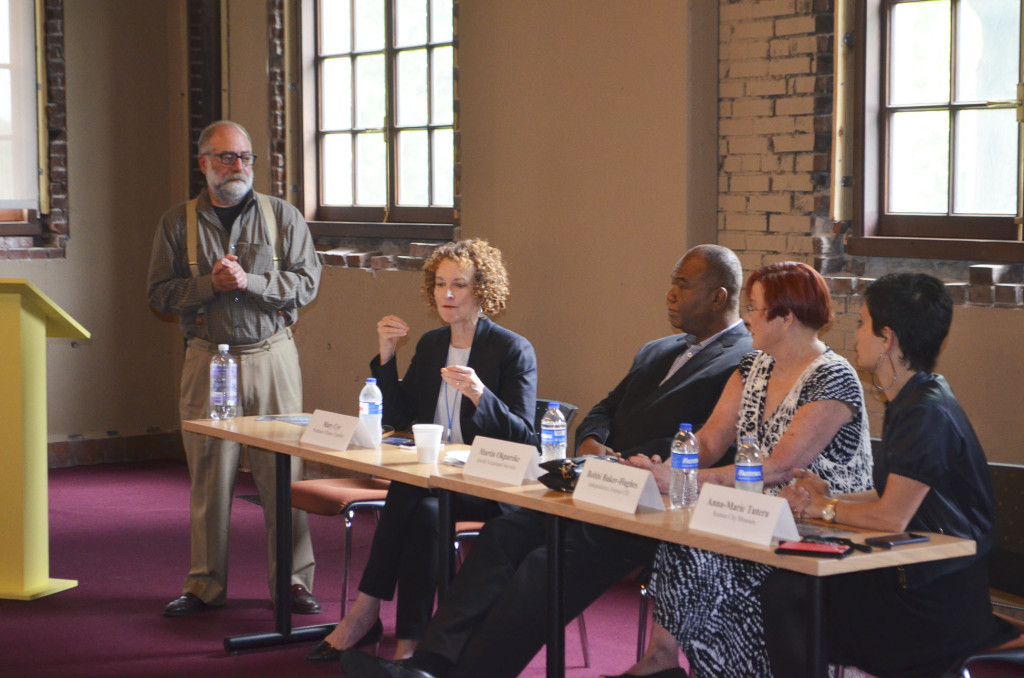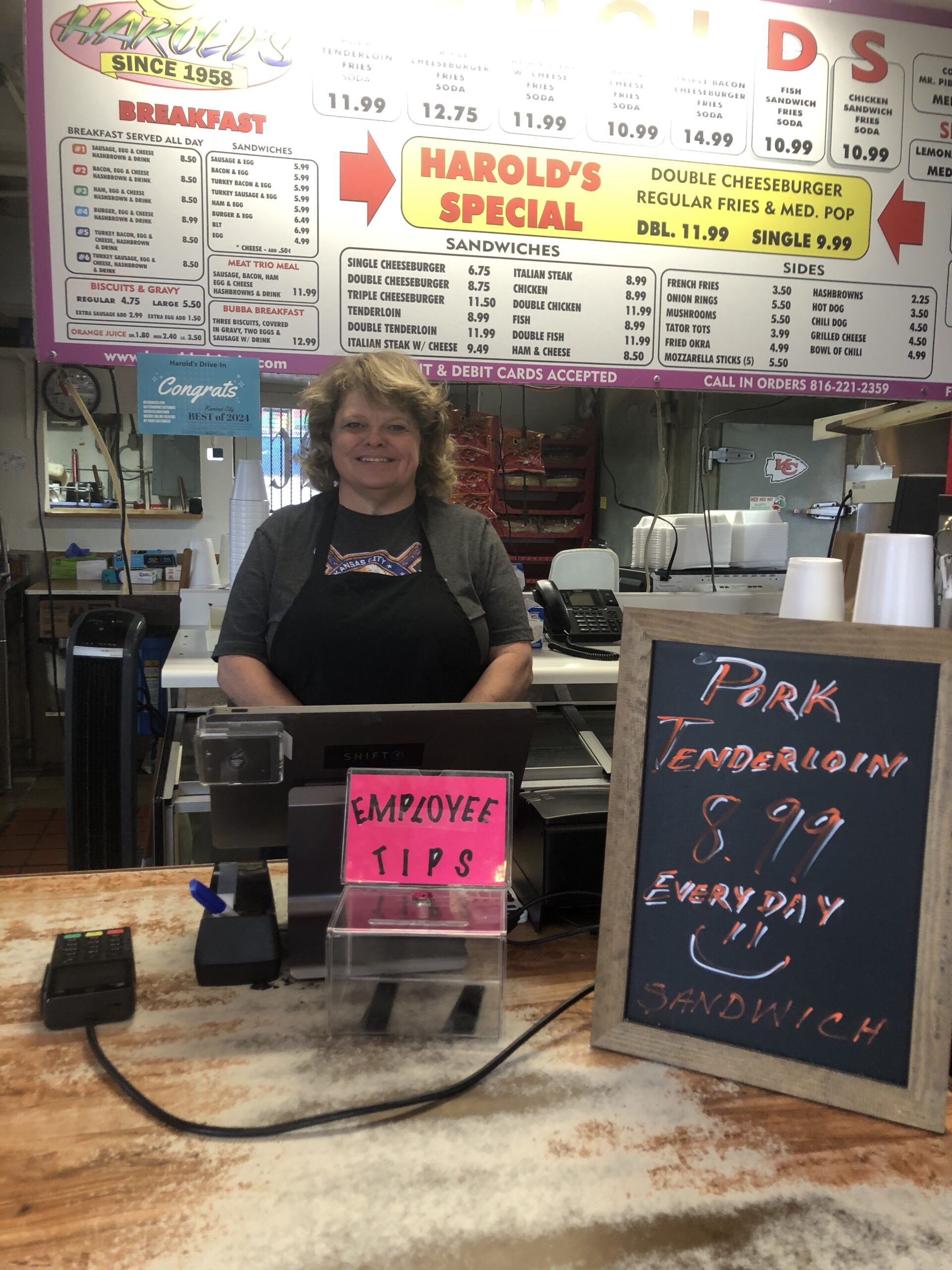Northeast News
May 27, 2016
KANSAS CITY, Missouri – A group of panelists from the Northeast offered career advice to Humanities students from the University of Kansas on Thursday, May 19, and they may have also identified potential interns for their respective businesses in the process.
Kansas City Museum Executive Director Anna Marie Tutera, Independence Avenue Community Improvement Director Bobbi Baker-Hughes, Jewish Vocational Services Outreach Coordinator Martin Okpareke, and Northeast Alliance Together (NEAT) Director Mary Cyr greeted the KU students at the Kansas City Museum as part of an Applied Humanities Boot Camp held throughout the city.
Hall Center for the Humanities Visiting Fellow Henry Fortunato, the former Director of Public Affairs for the Kansas City Public Library, spearheaded the trip to the Historic Northeast. He noted that with 50% of Humanities students ultimately working outside of academia, it’s important to expose them to opportunities outside of the university bubble. Through the panelists at the Kansas City Museum, the students received a glimpse of what a success story in the Northeast could look like.
According to Fortunato, the Applied Humanities students were impressed with what they saw.
“The reason why we went to Kansas City Museum is because I wanted them to see people in a community working together to bring about positive change,” he said. “There were people there who wanted to intern with every one of those organizations. They came away thinking that what’s happening there was extraordinary and worth being a part of.”
Tutera spoke about her path from the Chicago Children’s Museum to the Kansas City Museum; Baker-Hughes discussed her experiences over 18 years in the real estate field, as well as in her continuing efforts to improve the Northeast; Okpareke talked about the benefits of helping people find a new home and a sense of community in the Northeast; Cyr told the story of her career in business that led to her role with NEAT.
“They really were very impressed by what’s happening in the Northeast,” said Fortunato of his students. “That’s exactly the impression that i hoped would be engendered.”
Several of the students requested business cards and contact information from the panelists before the group left the museum.
“This is a potential new way to develop internship opportunities in the Northeast,” said Fortunato. “They were upset that we had to leave when we did.”


















